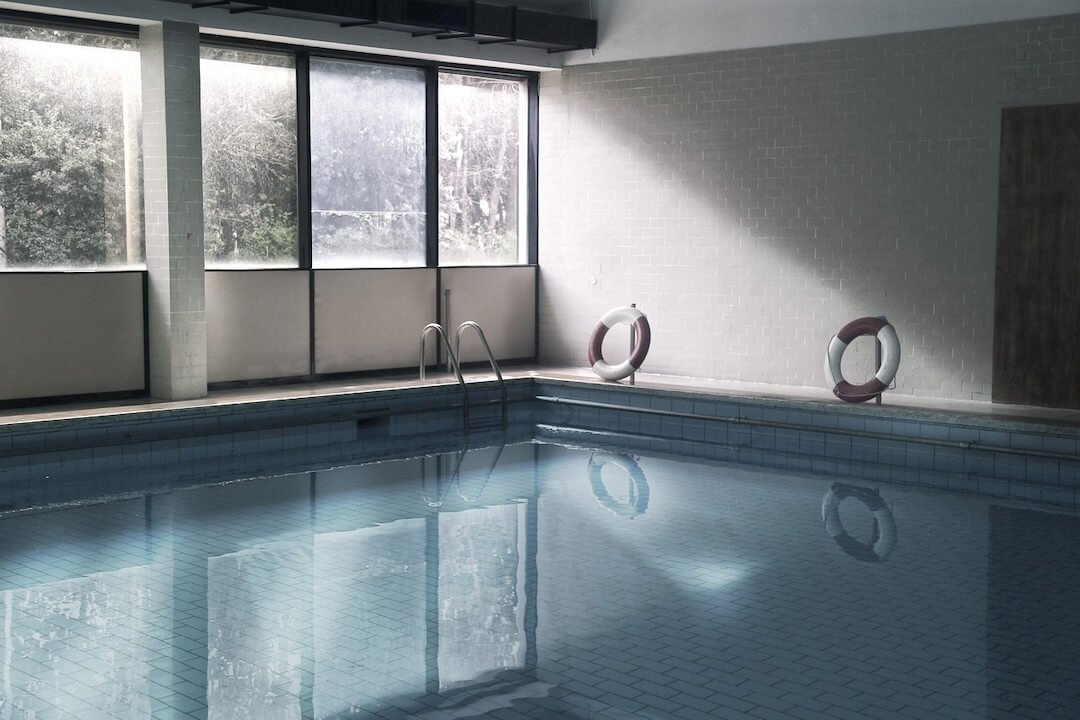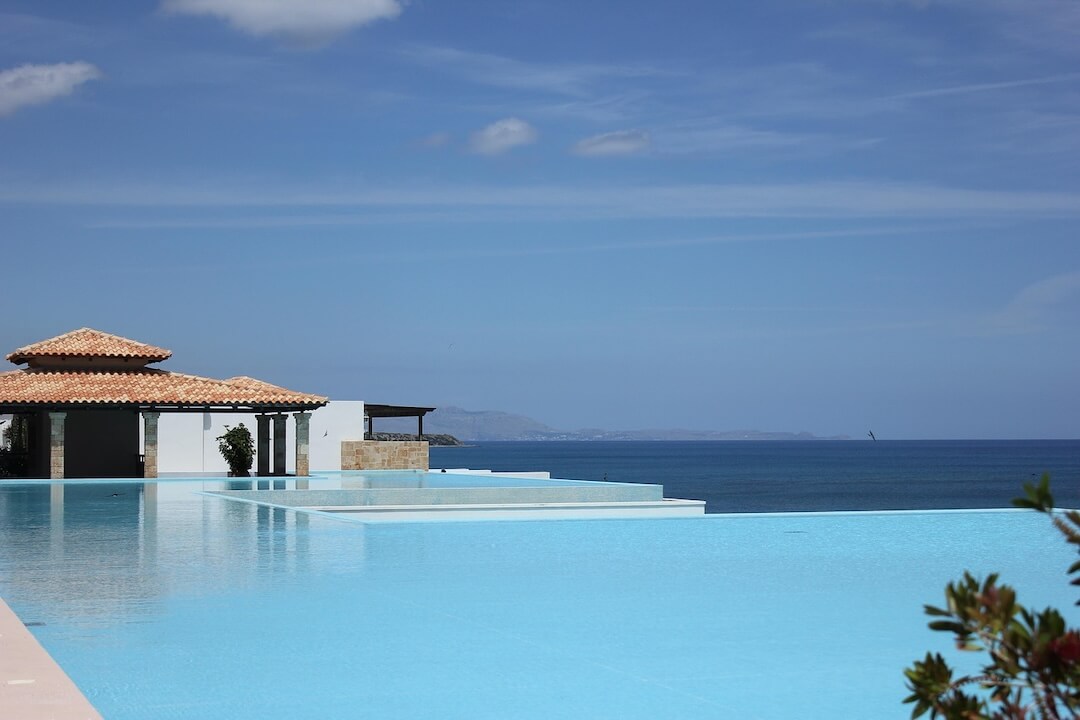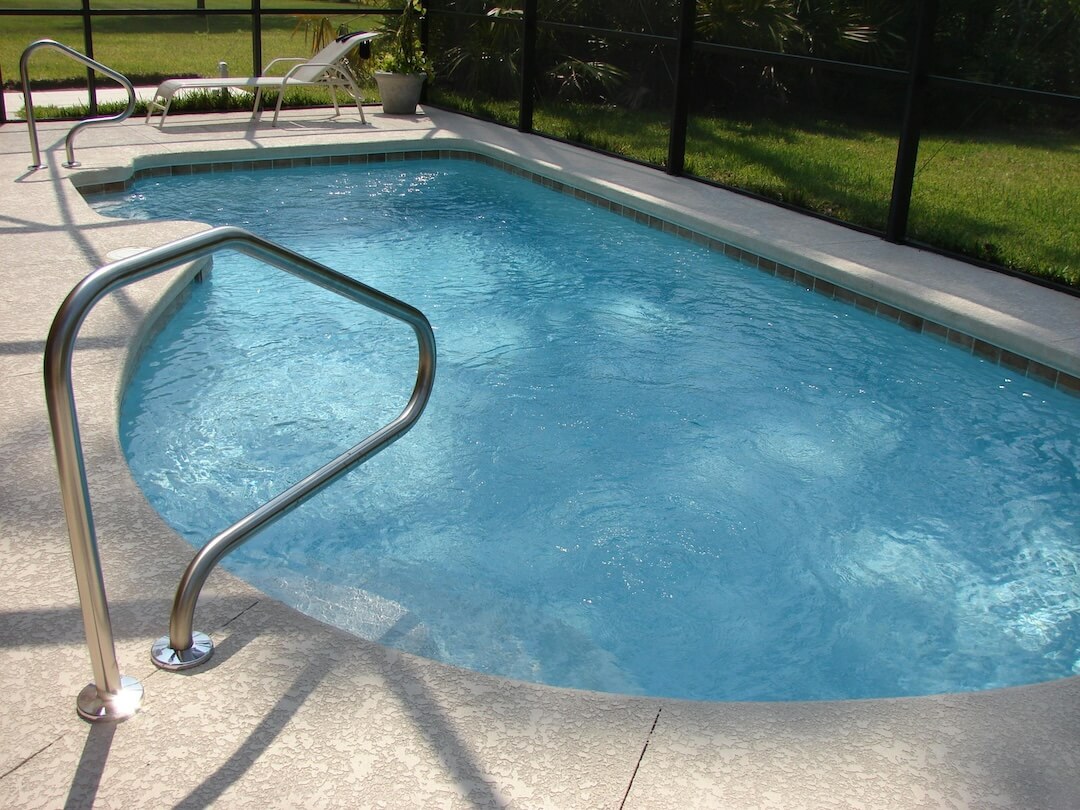Why Water Circulation Affects Chemical Use

Why Water Circulation Affects Chemical Use
In the vibrant community of Fort Lauderdale, a thriving outdoor lifestyle and year-round swimming season make pool maintenance a top priority for homeowners and commercial operators alike. One critical aspect often overlooked is water circulation, which directly influences how efficiently chemicals are used to maintain water quality. Proper circulation ensures that sanitizers, algaecides, pH adjusters, and other chemicals are evenly distributed throughout the pool, preventing stagnation and reducing the need for excessive chemical applications.
In essence, water circulation acts as the backbone of effective pool chemistry management. Without adequate flow, chemicals tend to concentrate in certain areas or fail to reach all parts of the pool, leading to imbalance, algae growth, cloudy water, and increased chemical costs. Conversely, well-designed circulation systems promote uniform chemical distribution, optimize sanitation, and extend the lifespan of your pool equipment.
This article explores the vital relationship between water circulation and chemical use, providing insights tailored to Fort Lauderdale’s unique climate and pool maintenance needs. Whether you own a residential pool in the heart of Fort Lauderdale or manage a commercial aquatic facility, understanding and optimizing water flow is key to achieving crystal-clear water with minimal chemical expenditure.
What Is Water Circulation in Pools?
Water circulation refers to the movement of water within a pool facilitated by pumps, skimmers, return jets, and other circulation equipment. The primary goal is to move water continuously so that all areas of the pool—deep ends, shallow zones, steps, and corners—are evenly mixed and sanitized. Proper circulation prevents stagnation zones where bacteria and algae can thrive, especially in the warm, humid climate of Fort Lauderdale.
A typical circulation system involves a pool pump that pulls water through skimmers and drains, passes it through a filter to remove debris and impurities, then pushes it back into the pool via return jets. This cycle ensures constant water movement, which is essential for chemical dispersion and water clarity.
Different pools require different circulation strategies depending on size, shape, and usage patterns. For example, a large commercial pool in Fort Lauderdale will need a more sophisticated circulation system than a small residential backyard pool. Properly designed circulation systems not only improve water quality but also reduce energy consumption and extend the life of pool equipment.
How Water Circulation Impacts Chemical Distribution
Chemical effectiveness in a pool heavily relies on water movement. When water flows smoothly and evenly, chemicals such as chlorine, pH adjusters, and algaecides are evenly dispersed, reaching every corner of the pool. However, poor circulation can create dead zones where chemicals fail to circulate properly, leading to uneven sanitation and water quality issues.
In Fort Lauderdale, where high temperatures accelerate chemical reactions and increase bather loads, maintaining optimal circulation is especially critical. Without it, chemicals may be overused in some areas to compensate for dead zones, leading to higher chemical costs and potential water imbalance. Conversely, with proper circulation, chemicals are utilized efficiently, reducing waste and ensuring consistent water quality.
For example, if your pool’s return jets are improperly positioned or the pump is undersized, water may circulate sluggishly, causing stagnant spots. These areas can develop algae or bacteria, requiring more chemicals to treat. On the other hand, well-placed return jets and appropriately sized pumps promote dynamic flow patterns, ensuring all water is refreshed and chemicals are evenly distributed.
The Role of Circulation Equipment in Chemical Efficiency
The right combination of equipment can significantly enhance water circulation and, consequently, chemical efficiency. In Fort Lauderdale, many pool owners opt for advanced circulation systems that include variable-speed pumps, smart controllers, and multiple return jets to optimize flow.
Variable-speed pumps allow precise control over water flow, reducing energy costs and adjusting circulation based on pool usage, weather, or water conditions. Properly configured, these pumps ensure consistent flow rates that maximize chemical dispersion without unnecessary energy expenditure.
Skimmers and main drains work together to draw water from different pool zones, preventing stagnation. Proper placement of return jets ensures water circulates throughout the entire pool surface and bottom, minimizing dead zones. Additionally, some pools incorporate automatic pool cleaners and UV sterilizers, which work synergistically with circulation systems to reduce chemical reliance.
In Fort Lauderdale, where climate conditions vary and pools are in constant use, smart circulation systems that adapt to changing needs can provide substantial benefits. They not only improve water quality but also save money on chemicals and extend equipment lifespan.
Optimizing Water Circulation for Better Chemical Use in Fort Lauderdale
To maximize chemical efficiency in your Fort Lauderdale pool, consider the following expert tips:
1. Ensure Proper Pump Sizing: Your pool’s pump should be capable of circulating all water volume at least once every 4-6 hours. Oversized or undersized pumps can cause poor circulation, so consult with local professionals for tailored recommendations.
2. Adjust Return Jet Placement: Position return jets to promote circular flow across the entire pool, avoiding dead zones. For larger pools, multiple jets may be necessary for even distribution.
3. Implement Variable-Speed Pumps: These pumps allow you to customize flow rates, reducing energy costs and adjusting circulation based on pool usage, weather conditions, and chemical demands.
4. Maintain Skimmers and Drains: Regularly clean and service skimmers, drains, and filters to ensure unobstructed water flow. Clogged or dirty components diminish circulation efficiency.
5. Use Automated Control Systems: Incorporate smart controllers that monitor water flow and automatically adjust pump speeds and valve positions for optimal circulation.
6. Regularly Test and Balance Water Chemistry: Even with excellent circulation, routine testing of pH, chlorine levels, and alkalinity is vital. Properly circulated water allows chemicals to work efficiently, reducing the overall quantity needed.
7. Schedule Circulation Cycles Strategically: Run your pool pump during peak usage hours and at night to maintain water quality without excessive energy consumption.
The Impact of Poor Circulation in Fort Lauderdale Pools
Neglecting proper water circulation can have serious consequences for pool owners in Fort Lauderdale. Poor circulation leads to chemical imbalances, cloudy water, algae blooms, and increased bacterial growth, all of which compromise swimmer safety and water aesthetics. It also results in higher chemical costs since more chemicals are required to treat problem areas.
Furthermore, stagnation can accelerate wear and tear on pool equipment, leading to costly repairs or replacements. In the humid Florida climate, stagnant water is an ideal breeding ground for algae and bacteria, making efficient circulation not just a matter of water quality, but also of health and safety.
Why Fort Lauderdale Homeowners Should Prioritize Water Circulation
Given the year-round swimming season and high demand for pristine water quality, Fort Lauderdale residents should invest in high-quality circulation systems and professional installation. Local pool specialists understand the nuances of Florida’s climate, water chemistry, and usage patterns, ensuring your system is optimized for maximum efficiency.
Regular maintenance, including pump checks, filter cleaning, and water testing, will keep your circulation system functioning at peak performance. This proactive approach not only safeguards your investment but also minimizes ongoing chemical and energy costs.
Final thoughts: Proper water circulation is the cornerstone of effective pool chemistry management in Fort Lauderdale. By investing in a well-designed circulation system and maintaining it diligently, you can enjoy sparkling, safe, and eco-friendly pool water all year long—saving money, reducing chemical use, and enhancing your outdoor experience in beautiful South Florida. Contact our local professionals today to tailor a circulation solution that meets your specific needs and keeps your pool in top condition.



